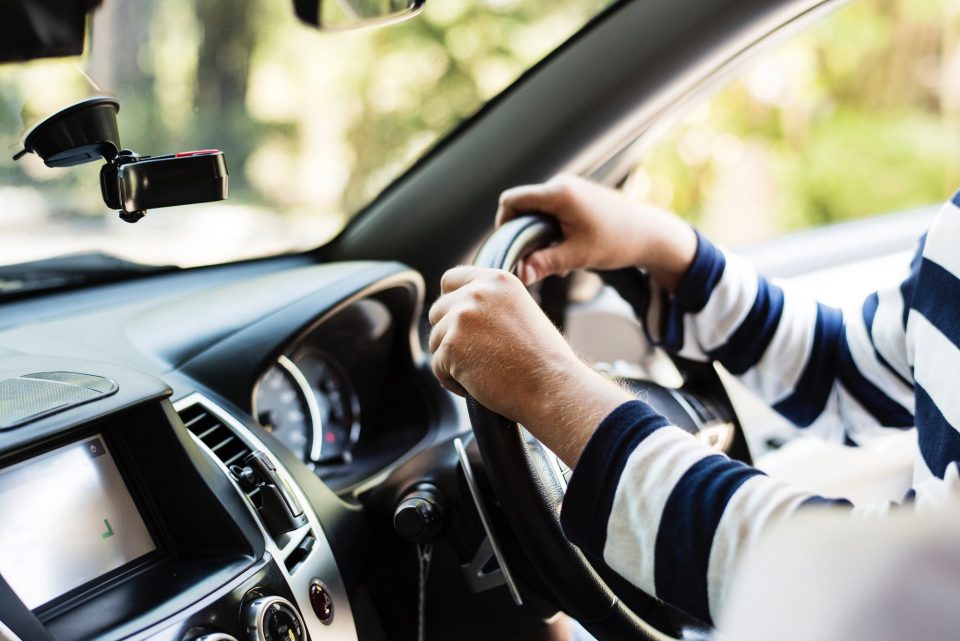A summary of the key road rules about driving when affected by alcohol and other drugs.
Changes to drink and drug-driving penalties
From 30 April 2018, tougher penalties apply to anyone caught drink and/or drug driving.
Anybody caught drink-driving will lose their licence, have to complete a Behaviour Change Program (BCP) and need to use an alcohol interlock for at least 6 months.
Anybody caught drug-driving will have their licence or learner permit suspended or cancelled for at least 6 months, and will also need to complete a BCP.
For more information, see Drink-driving penalties and Drug-driving penalties.
You can also download the Getting your licence back [PDF 361kb] brochure for more information.
The road safety impacts of alcohol and other drugs
Visit Alcohol and road safety and Illicit drugs and road safety for more information.
Combined drink and drug-driving penalties
Significant penalties apply if drivers on Victorian roads are caught with both illegal blood or breath alcohol concentration (BAC) levels and illicit drugs in their system. Visit Combined drink and drug-driving offences and penalties for more information.
Alcohol
Blood and Breath Alcohol Concentration (BAC) is a measure of how much alcohol is in your body.
At a BAC of .05, your risk of being involved in a road crash is about double compared with a BAC of zero.
You need to drive with zero BAC if you:
- have a learner permit
- have a P1 or P2 licence
- are a restricted motorcycle rider (shown as an ‘E’ condition)
- drive a bus or commercial passenger vehicle
- drive any rigid or articulated truck over 14 tonnes GVM.
Other drivers and those supervising learner drivers, must drive with a BAC under .05.
These rules apply if you are on a public road or on private property and apply to interstate and international drivers.
Breath tests
It is an offence to not:
- provide a breath or blood sample
- stop at a booze bus or random breath testing station, or
- cooperate with police who are trying to carry out a breath or blood test.
Drugs
You cannot:
- drive while affected by any drug regardless of whether it is a legal or illegal drug
- drive while affected by both illicit drugs and alcohol over the legal limit
- supervise a learner driver if you are affected by illegal drugs.
These rules apply if you are on a public road or on private property and apply to interstate and international drivers.
Saliva tests
Testing for illegal drugs at the roadside is done by taking a saliva sample.
It is an offence to not:
- provide a saliva or blood sample
- stop at a random drug testing station, or
- cooperate with Police who are trying to carry out a saliva, blood or urine test.
Drinking alcohol while driving
You must not drink alcohol, even if your blood alcohol concentration stays below your legal limit, while:
- driving a motor vehicle
- sitting beside a person who is learning to drive.
Failure to comply may result in a fine of up to ten penalty units, or if you receive an infringement notice, the penalty is two penalty units.
This is an offence even if you are under the legal limit.
Passengers are not prohibited from drinking alcohol in a vehicle. However, it is advised that passengers do not engage in drinking as drunk passengers could distract a driver.
For more information, visit drink-driving penalties.
Penalties
There are heavy penalties if caught driving under the influence of alcohol or drugs, or a combination of both, or refusing to be tested.
The rules in detail
Instructions on how to locate a full copy of the Road Safety Road Rules 2017 can be found at the Road Management Act, regulations & codes page.
